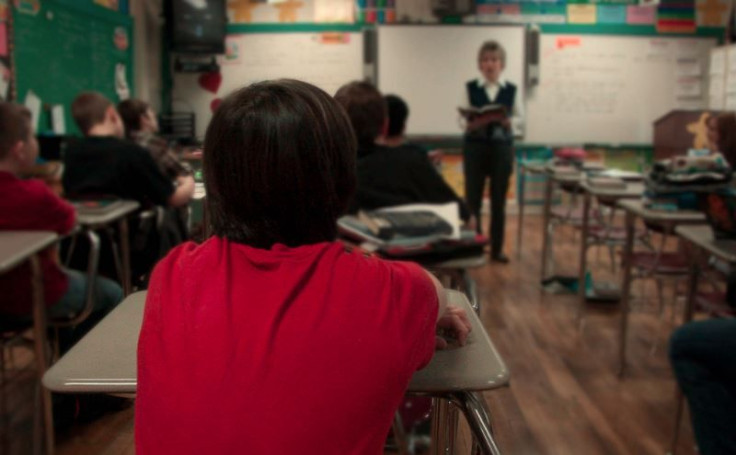Repeat After Me: Repetition While Talking To Others Can Help Improve Your Memory

Repeating information aloud can boost your verbal memory, finds a new study published in Consciousness and Cognition.
The study was led by Victor Boucher, a professor in the University of Montreal’s linguistics and translation department. Boucher said in a press release that he and his team knew repeating aloud was good for memory; however, they did not know if repetition was beneficial in the context of communication. The results of the study found that repeating aloud “is greater in terms of information recall.”
Boucher and his team asked 44 French-speaking students to read a series of lexemes, defined as “a word such as it is found in a dictionary.” Students wore headphones that emitted white noise in order to eliminate auditory feedback; basically, they couldn’t hear their own voices. There were four different experiments involving lexemes — repeating in their head, repeating silently while moving their lips, repeating aloud while looking at the screen, and repeating aloud while addressing someone else — before students were given a distraction task. It was after the distraction task that students were asked to pick out the lexemes they repeated from a list that also included lexemes they did not repeat.
The results revealed that students had greater memory recall when addressing another person, even though they weren’t getting any auditory feedback. That last part is a big deal because when when we articulate sounds, we create a sensory and motor reference in our brain, Boucher explained. We move our mouth and feel our vocal chords vibrate, and “producing one or more sensory aspects allows for more efficient recall of the verbal element.”
“The simple fact of articulating without making a sound creates a sensorimotor link that increases our ability to remember, but if it is related to the functionality of speech, we remember even more,” Boucher added.
He continued: “But the added effect of talking to someone shows that in addition to the sensorimotor aspects related to verbal expression, the brain refers to the multisensory information associated with the communication episode,” Boucher explained. “The result is that the information is better retained in memory.”
Source: Lafleur A, Boucher VJ. The ecology of self-monitoring effects on memory of verbal productions: Does speaking to someone make a difference? Consciousness and Cognition. 2015.



























